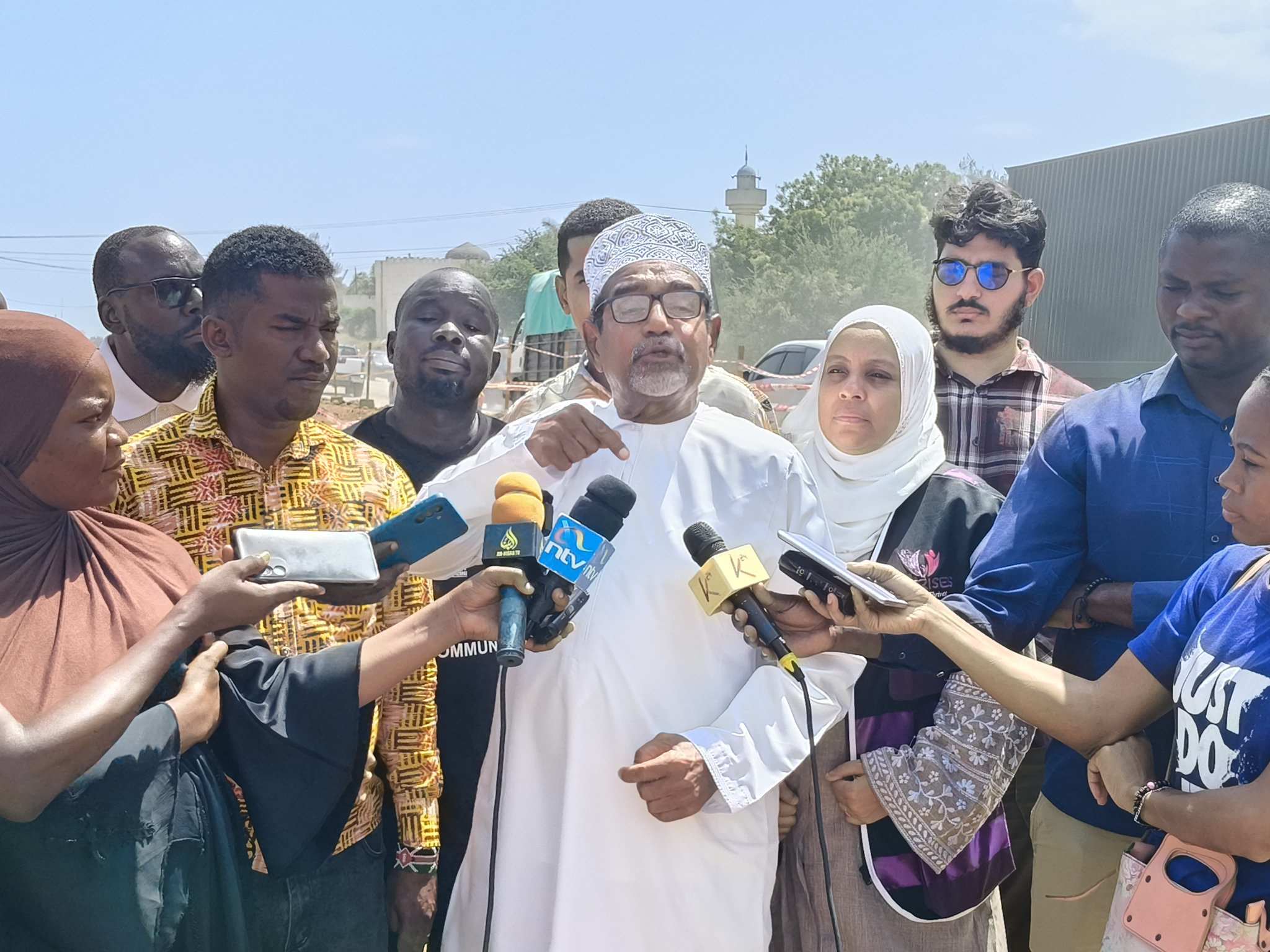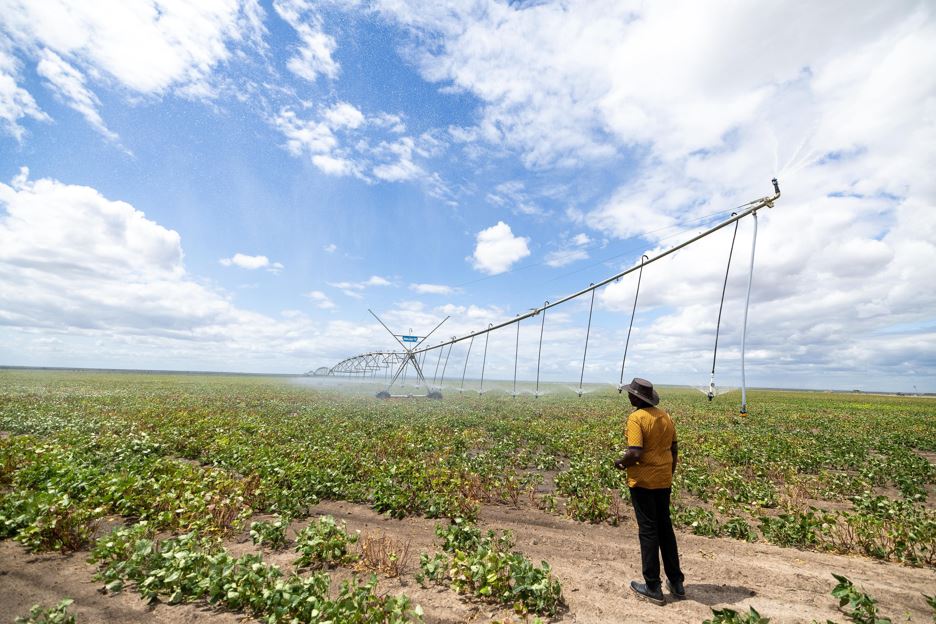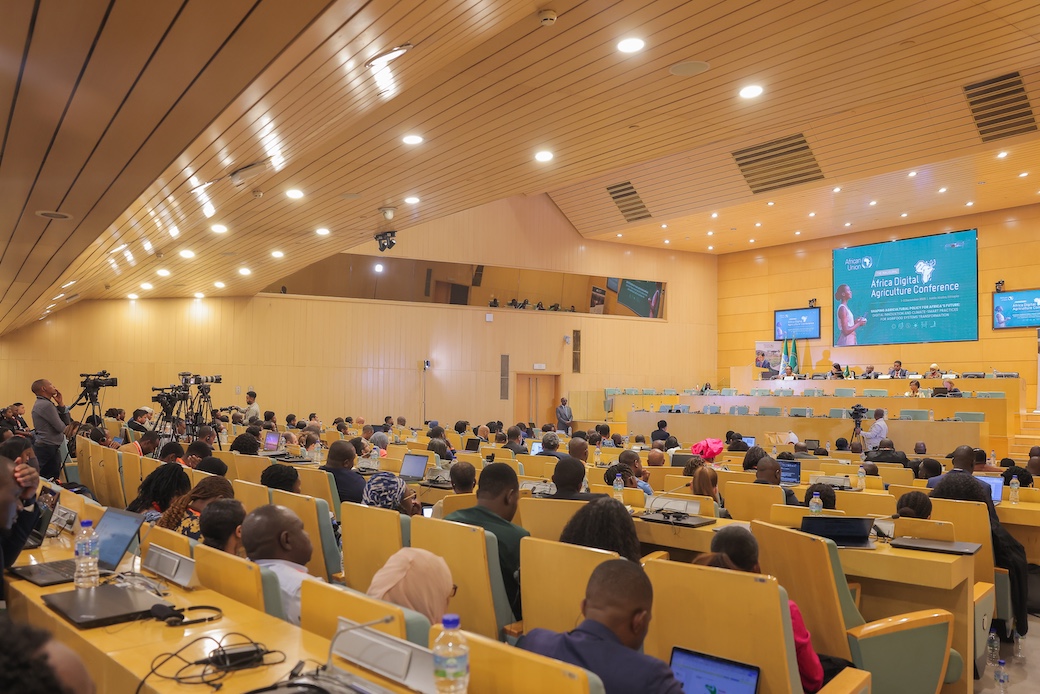Kenya receives 16,000 metric tons of fertiliser donation from Algeria

Kenya has received a timely donation of 16,000 metric tons (MT) of urea fertilizer from the Algerian government.
Kenya has received a timely donation of 16,000 metric tons (MT) of urea fertiliser from the Algerian government. The donation was received at the Grain Bulk Handling Ltd facilities at the Port of Mombasa by Cabinet Secretary for Agriculture Mithuka Linturi.
“As a country, we are humbled to receive this kind gesture from the Algerian government, with whom we have valuable diplomatic relations,” Linturi said.
More To Read
- Two new multipurpose vessels arrive at Mombasa Port to enhance marine operations
- KPA applauds streamlined ETA system amid surge in cruise tourism
- Stakeholders call for balance between technology and human values as trade summit opens in Mombasa
- Chinese warship in Mombasa for technical stop, cultural exchange
- Mombasa Port ranked 375th worldwide in latest container port index
- Lamu Port welcomes first conventional cargo vessel as Mombasa hosts Indian Coast Guard Ship
The donation comes at a critical time for Kenya, as the country is facing a shortage of fertiliser. According to Linturi, Kenya requires 900,000 MT of assorted fertiliser to adequately produce its food.
“The fertiliser consignment from Algeria will greatly supplement our efforts in increasing agricultural production and productivity through affordable inputs to farmers as we strive to reduce food prices,” he said.
Linturi said the government has prioritized some value chains through the Bottom-up Economic Transformation Agenda (BETA) that it believes will be most effective in realizing food security, reducing food imports and increasing exports.
“We are therefore increasing investment in edible oils, rice, cotton, tea and leather value chains. Fertiliser therefore becomes a critical element in ensuring that productivity of the prioritized crop value chains is achieved,” said Linturi.
He said the government, through the Ministry of Agriculture, is committed to ensuring that smallholder farmers continue to access subsidized fertiliser to cushion them against the high cost of production.
In the current financial year, 2023-2024, the Ministry has planned to acquire 630,000MT comprising 50 per cent basal and 50 per cent topdressing fertilsers.
“It is envisaged that the farmers who will access these fertilisers will be able to double their production to enhance the attainment of food and nutrition security,” said the Agriculture CS.
Linturi also urged farmers to strive to keep their soils healthy.
“We are aware that soil acidity due to inherent soil factors, fertiliser acidification, and lack of corrective liming has suppressed yields in many parts of the country. I am glad to report that we have an Agricultural Soil Management Policy 2023 that provides a framework for the planning and implementation of agricultural soil management programmes. It is therefore imperative that all stakeholders embrace the recommendations that are contained in this policy towards ensuring effective soil quality management for improved agricultural productivity,” he said.
Top Stories Today












































